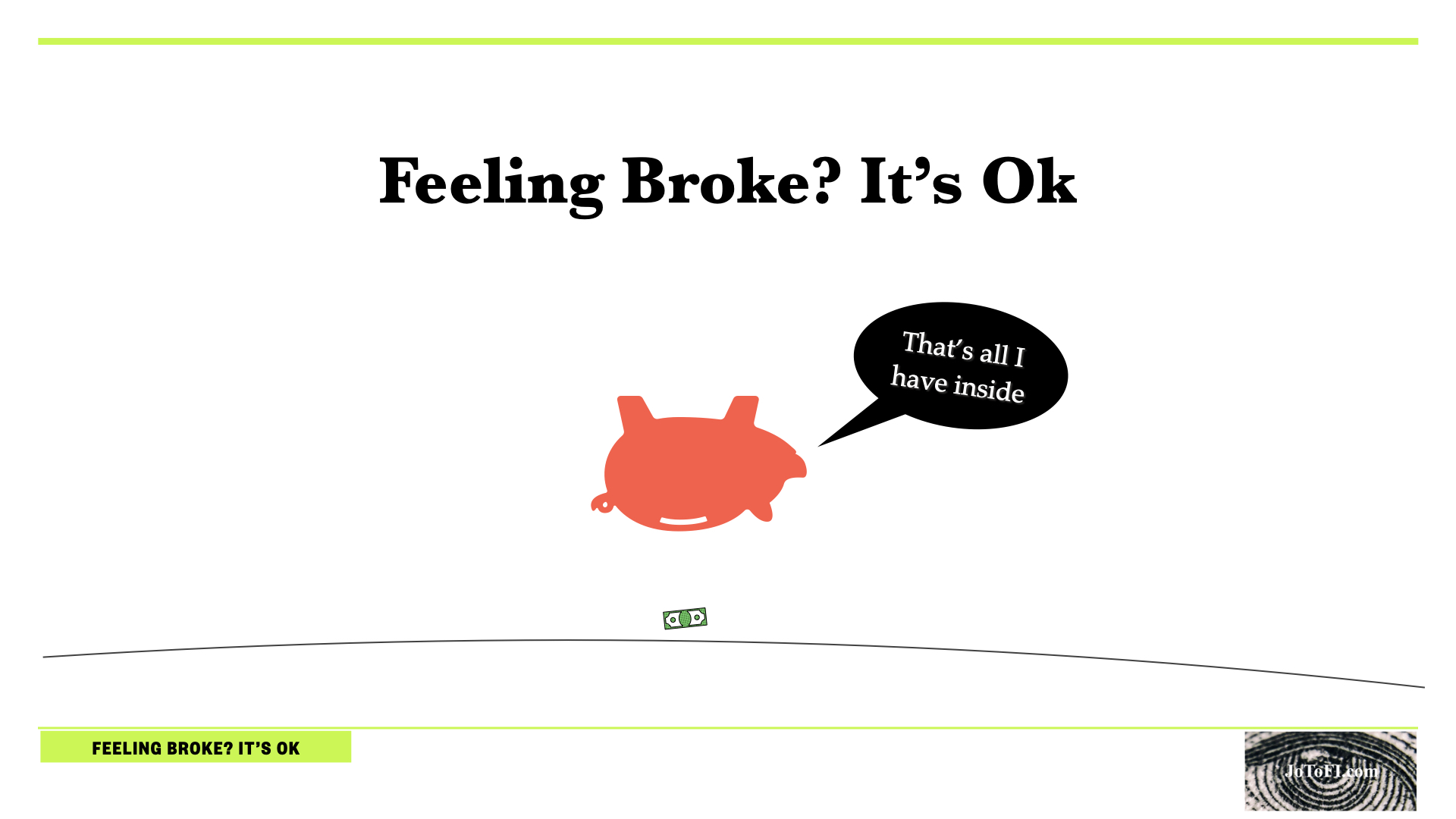Without a basic understanding of simple financial concepts, good luck. It will be almost impossible to achieve your financial objectives. Everyday we make decisions about banking, budgeting, saving, credit, debt, and investing. Financial literacy enables you to make informed financial decisions that will propel you toward financial stability and achieving your financial goals.
Financial Literacy
There is currently no one definition for financial literacy. However, generally, financial literacy is the ability to understand and use personal financial management, budgeting, and investing to your financial advantage. Simply put, financial literacy is having the knowledge to know what to do in a financial sense. This does not necessarily mean that every financial decision will result in success. But over time, it is likely that you will improve your financial situation.
Why Is Financial Literacy Important
Financial literacy is important because it results in budgeting, being prepared for emergencies, and limiting debt. These are the financial forces that we deal with on a daily basis. But more importunely, the financial decisions we make today compounds. The decisions we make today are more important than ever because of the limited safety net available for retirement.
Most pension plans have been replaced by 401Ks. Unlike pension plans, 401K plans leave the bulk of the decision making and planning to the employee. Without proper financial knowledge, many will be saddled with debt and be ill-prepared for retirement.
Lack Of Financial Literacy Is Expensive
Not being financially literate is expensive. Some consequences of lacking financial literacy appears in everyday life. These consequences show themselves in increase costs that can be locked in for decades. For example, higher transaction fees, banking charges, higher interest rates on debt, and loses in the stock market. Financial ignorance also compounds as you will not understanding the concept of compounding. Compounding in view of debt and also in view of income/interest. In a recent survey, it is estimated that financial illiteracy costed Americans about $353 Billion in 2021 alone. That is a crazy amount of money. That is a nontrivial amount of funds.
The Solution
The solution to lack of financial literacy is simple, educate yourself. It is to you and your family’s benefit to be financially literate. Financial decisions not only affect you, but also those around you.
Financial education resources are available. Best of all, a lot of the information is free. You have this blog as an example and hundreds of others that you can subscribe to or follow. If you want to learn the thoughts of the biggest financial titans in the world today, just search for it. Financial literacy comes down to how important it is to you. Believe me, it should be at the top of your to do list.
For the same reasons why a coach is likely not the best player on a team, financial literacy alone will not be enough to win the financial game of life. Knowledge alone is not enough.
Financial Literacy Alone Is Not Enough
While financial literacy is important, it is not enough. To achieve your financial goals, you need a climate that facilitates wealth generation. This means that the country/jurisdiction that you are in has to facilitate wealth generation. You have to have access to tools and resources to build wealth. For example, in starting a business, you need to have/have access to capital, general money management, supply chain and transportation infrastructure. Financial literacy alone will not overcome infrastructure deficiencies.
Financial education is important, but you must also tackle your beliefs and attitude toward money. Having the financial knowledge alone will not change your attitude.
Additionally, having knowledge does not mean taking action. You, yes you have to take action. You have to put your plans in motion. Start today. Take action. Use money as a tool and other resources around you to move toward your financial goals.
Conclusion
Everyday we make decisions about banking, budgeting, saving, credit, debt, and investing. Financial literacy enables you to make informed financial decisions that will propel you toward financial stability and achieving your financial goals.
Below, is the reproduced S&P Global FinLit Survey. Take the test. Answers are given below. Are you financially literate?
Follow me on Twitter @JoToFI_com
Follow me on Instagram @JoToFI_com
Financial Literacy Test (S&P Global FinLit Survey)
RISK DIVERSIFICATION
- 1. Suppose you have some money. Is it safer to put your money into one business or investment, or to put your money into multiple businesses or investments?
- one business or investment;
- multiple businesses or investments;
- don’t know
INFLATION
- 2. Suppose over the next 10 years the prices of the things you buy double. If your income also doubles, will you be able to buy less than you can buy today, the same as you can buy today, or more than you can buy today?
- less;
- the same;
- more;
- don’t know
NUMERACY (INTEREST)
- 3. Suppose you need to borrow 100 US dollars. Which is the lower amount to pay back: 105 US dollars or 100 US dollars plus three percent?
- 105 US dollars;
- 100 US dollars plus three percent;
- don’t know
COMPOUND INTEREST
- 4. Suppose you put money in the bank for two years and the bank agrees to add 15 percent per year to your account. Will the bank add more money to your account the second year than it did the first year, or will it add the same amount of money both years?
- more;
- the same;
- don’t know
- 5. Suppose you had 100 US dollars in a savings account and the bank adds 10 percent per year to the account. How much money would you have in the account after five years if you did not remove any money from the account?
- more than 150 dollars;
- exactly 150 dollars;
- less than 150 dollars;
- don’t know.
A person is typically defined as financially literate when he or she correctly answers at least three out of the four financial concepts described above. What was your result?
Answers: 1(2), 2(2), 3(2), 4(1), 5(1).


